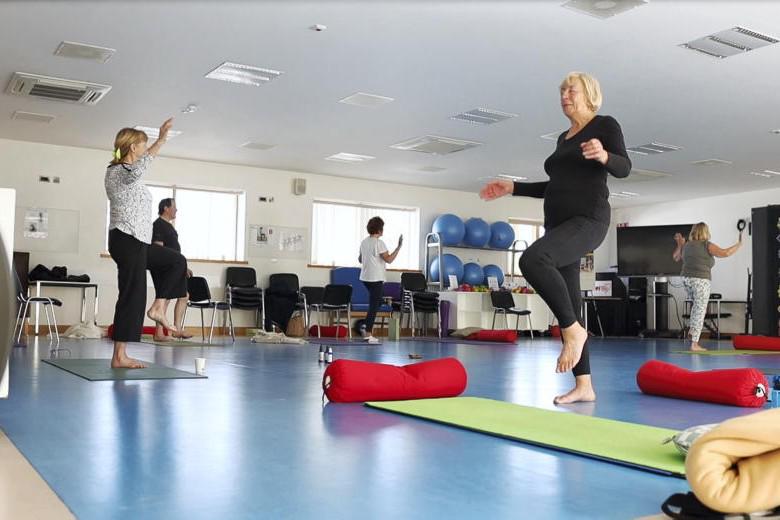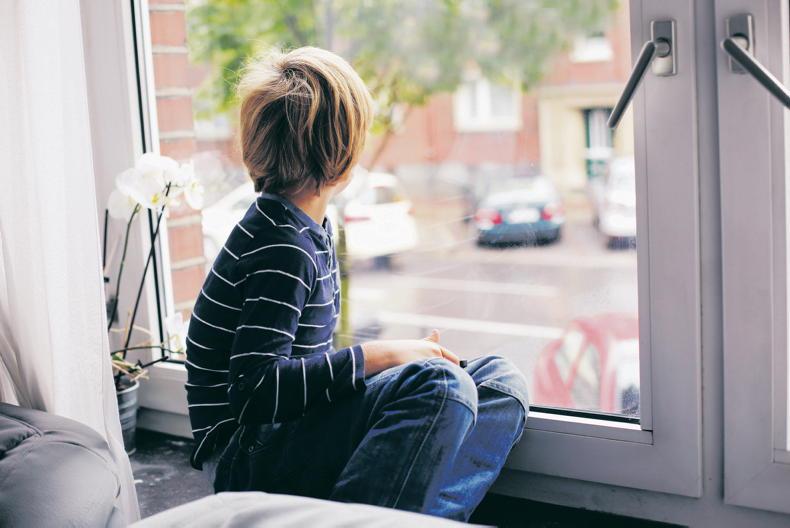Wherever we go, my daughter is asked: “So, are you excited about secondary?”
It’s a hard one to answer. Sixth class can often feel like a waiting room, especially when open days at secondary schools are as early as October the previous year. But now it’s nearly here, there are definitely nerves too.
“Children have told us that they worry about social and emotional issues, such as making new friends, being bullied and interacting with lots of different teachers,” says Dr Mary O’Kane, lecturer in education and psychology and author of Perfectly Imperfect Parenting.
“They also mention practical issues such as coping in a larger environment, understanding new systems, and having more homework to do.”
Parents often share these worries for their children and miss the closer relationship with primary school compared to the step back they take when their child starts secondary.
“Most parents have spent years in the one primary school, so the transition to a new setting, where they often do not have the same relationships, can feel daunting,” says Mary, who recommends that parents get involved in parent association activities and school events to help develop a feeling of connection with a new school.
“It’s important that we speak in a positive way to our children about secondary school,” Mary adds.
This is especially important if we have had a difficult experience ourselves at school.
Making the transition
How do we make the move smoother and help our teens sail through the transition from primary to secondary?
“Settling in is a process and it can take time to settle into the new environment,” advises Mary. “But we need to remember that this transition is also an exciting and positive experience for most of our children.”
The most important thing parents can do to support this transition is to encourage independence, recommends Mary.
“Support them to develop good organisational skills and to start problem solving themselves, with you in the background for support if needed,” says Mary.
“Often as parents we are tempted to jump in with advice when our teens are facing challenges, but we want them to develop decision making and problem-solving skills themselves, so they gain confidence in their own abilities to deal with life’s challenges.”
Maintain connection
While giving them greater independence, be sure to maintain your connection with your teen so that they know they can talk openly to you about their feelings. It’s a balancing act.
“Knowing that they can rely on your support during challenging times, that you are there with an empathetic listening ear, can make all the difference to their wellbeing,” says Mary.
Provide a calm home life, ensuring a settled morning routine and encourage your teen to form good habits by organising books, copies and equipment the evening before. Ask them to let you know in good time if they’ll need to take in anything extra. Producing a list of ingredients for home economics at 8am on the morning of their class stresses even the most zen parent.
Make yourself available for your teen so that if they are anxious, you are there for them.
“Listen to their worries,” recommends Mary. “Remind them that it is normal to feel worried coming up to a major change in their lives. But also remind them that you have confidence in their ability to settle well.”
Reminding them how strong and capable they are and talking about the personal strengths that they can fall back on at this time will help to support their self-esteem.
Some parents take time off work during the first week of term so they can be on hand.
“Encourage them to talk to you about how they are getting on with their timetable, using their locker, moving from class to class,” says Mary. “Talk about time management in terms of balancing homework over the week.”
As a time of new opportunities, encourage them to join in extra-curricular activities both in terms of making new friends and learning new things. The big change can elicit changes in your teen so seeing them for the person they are becoming as they grow up is important.
“Our teens are usually more capable and resilient than we realise. In no time they start to get to grips with the new surroundings and settle into the new routine,” concludes Mary.
“Parents will often see a big change in their teen’s maturity over this year.”









SHARING OPTIONS